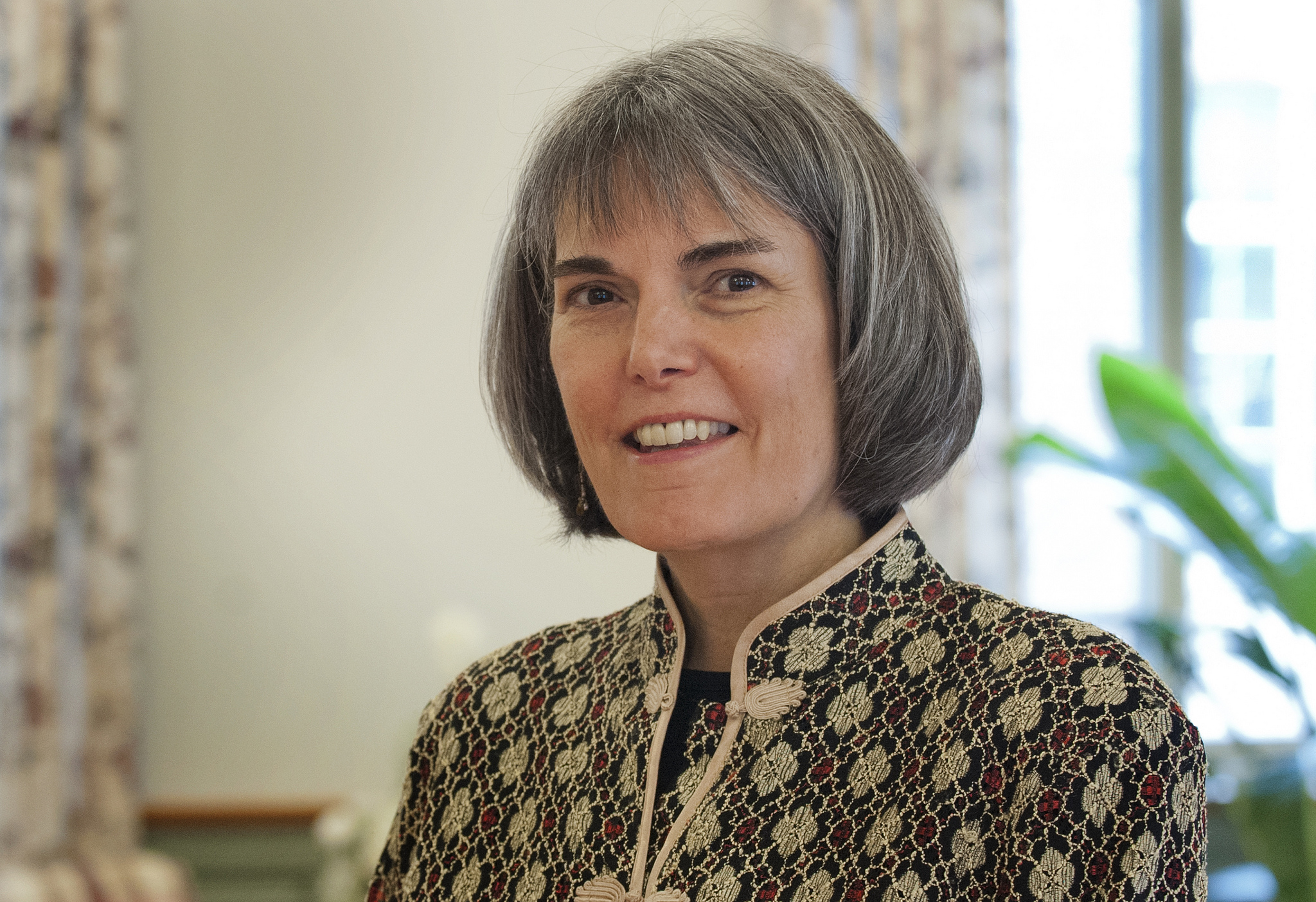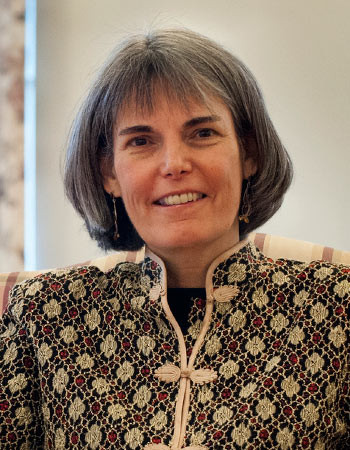About
- One of a handful of researchers to illuminate the importance of sibling relationships and dynamics in families
- Research incorporates time-intensive measurement approaches to discover family complexities and interdependencies and how they develop and change over time.
Susan McHale is a Distinguished Professor of Human Development and Family Studies, Director of the Social Science Research Institute (SSRI) at Penn State and Associate Director of the Penn State Clinical and Translational Science Institute (CTSI).
McHale’s research focuses on family systems dynamics including youth’s and parents’ family roles, relationships, and daily activities and how these are linked to family members’ psychological and physical health and development.
Highlighted in her work are sibling relationship dynamics and the family experiences that foster similarities and differences in the interests, attributes, and developmental trajectories of sisters and brothers. Her earlier research on children’s and adolescents’ family experiences pointed to the significance of gender dynamics in everyday family life and served as a basis for her current work in the family as a context for gender socialization. The extent to which sisters versus brothers assume different family roles, experience different kinds of relationships with their parents, and have access to different kinds of resources and opportunities are important ways in which families differ.
McHale is also interested in the ways in which such family dynamics are linked to girls’ and boys’ well-being and development, and in how gender dynamics in families are connected to the choices girls and boys make later in adolescence in the areas of education, career, and family formation, choices that play a defining role in adult life.
On the Web
Penn State Health and Human Development Faculty Profile Research in my lab focuses on family systems dynamics including youth’s and parents’ family roles, relationships, and daily activities and how these are linked to family members’ psychological and physical health and development.
In The Media
How Parents' Expectations Mess With Kids' Grades
from Time June 18, 2015
"Parental expectations have long been an under-appreciated factor in the childrearing game. Kids are smart, the research suggests, especially when it comes to divining what mom and dad think of them. A child who is expected to underachieve will often live down to that prediction. A child expected to thrive will not necessarily become an academic, athletic or social superstar, but will have a much better shot at it. To test how this dynamic plays out in the case of scholastic performance, Alexander Jensen of Brigham Young University and Susan McHale of Penn State assembled a sample group of 388 two-parent families with at least two children, and focused on the first- and second-borns of the brood. The sibling dyads—or pairs—were selected to represent all four possible age and gender combinations: two brothers, two sisters, an older brother and younger sister and an older sister and younger brother."
You Can Stop Trying To Befriend Your Partner's Sibling
from Refinery29 September 14, 2017
"There's a protectiveness: Is this person going to be good for my sibling? Then, in some ways, it's self-protection: How is this relationship going to affect what my sibling has been giving to me?"
What to Do When You Disapprove of Your Child’s New Partner
from The Wall Street Journal December 15, 2015
"Parents who are controlling or restrictive about dating undermine teens’ confidence that they can attract a partner or maintain a relationship,"
Sibling fights may lead to depression, self-esteem issues
from CBS News December 20, 2012
This study showed how parent's differential treatment of siblings could affect sibling relationships and lead to youth depression
In Penn State News

Penn State hosts summit to combat the opioid epidemic
January 23, 2018

Workplace support can positively influence parents' well-being
September 6, 2017






